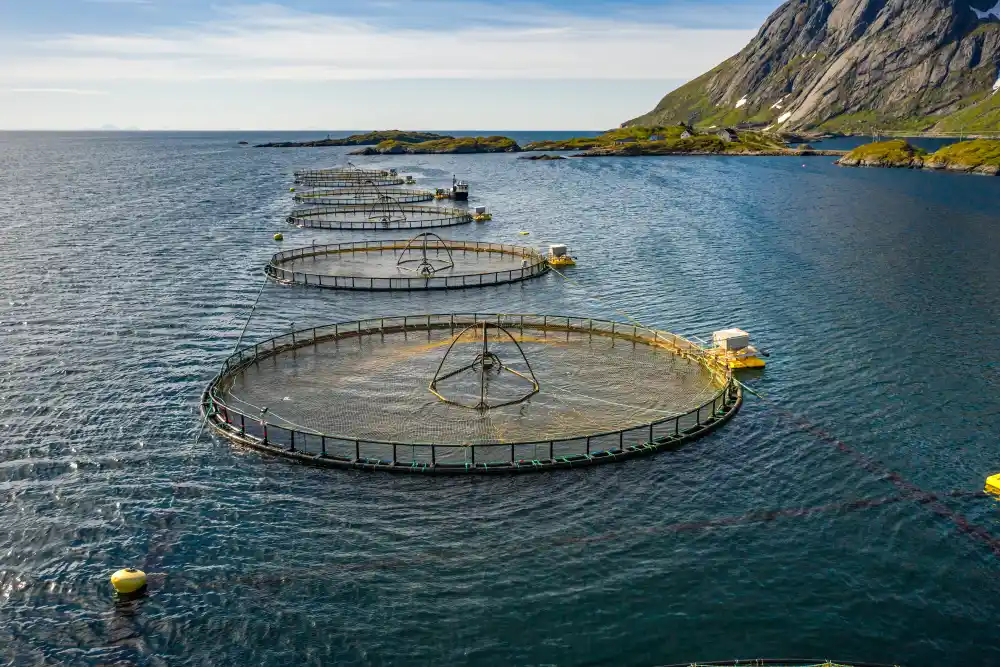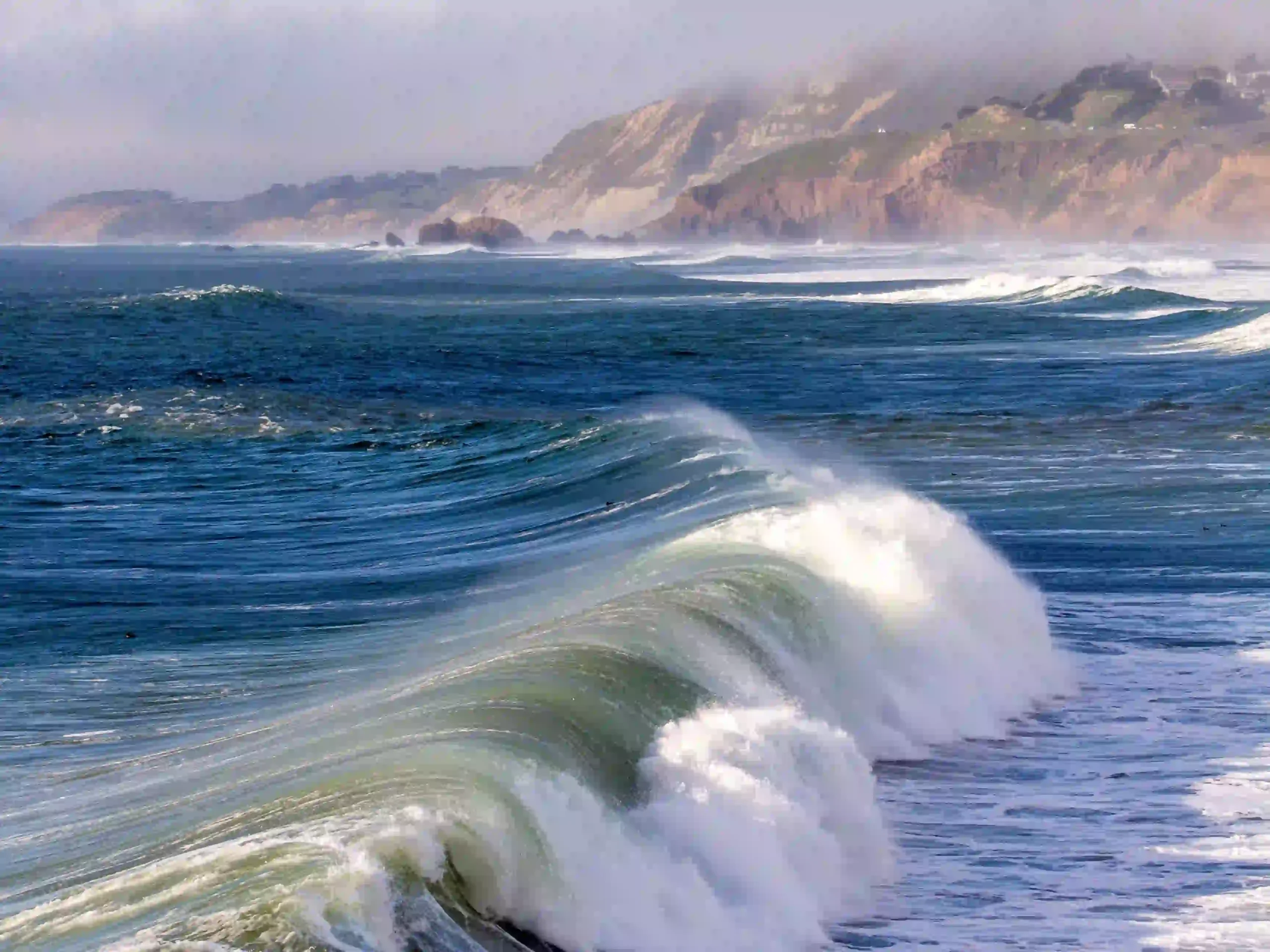Aquaculture Technician
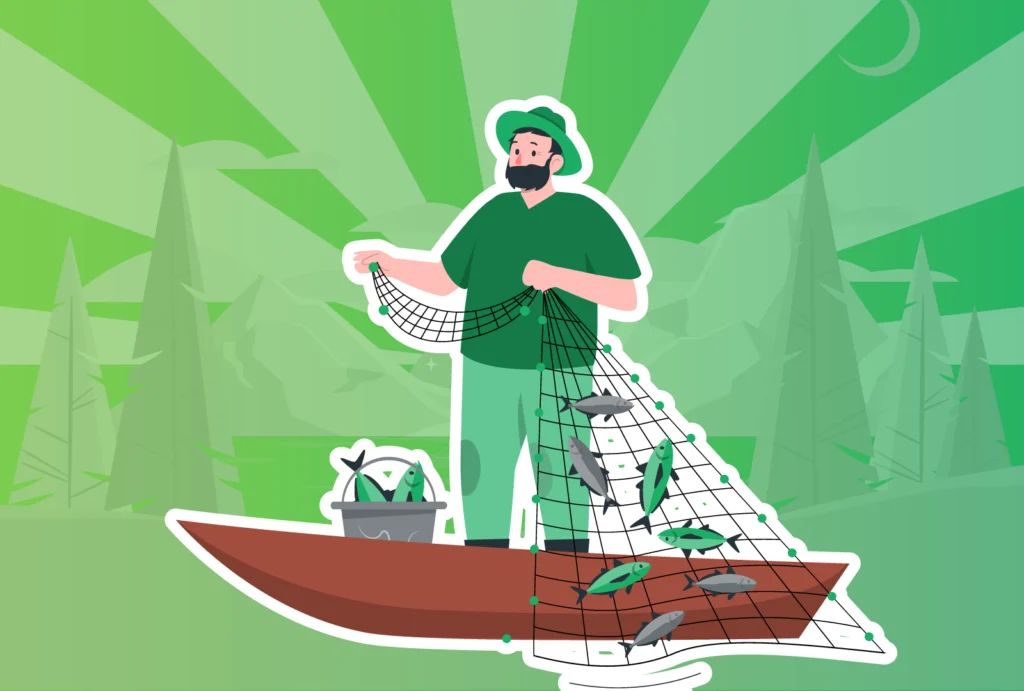
Aquaculture Technician
Job Sector
Agriculture, Food and Natural Resources
Potential Salary (USD)
Low End: $25,000.00 /yr
Avg/Med: $60,000.00 /yr
High End: $120,000.00 /yr
Education Required
- Bachelor of Aquaculture and Fisheries, or
- Diploma of Aquaculture and Fisheries Technology or
- Bachelor of Agriculture with Aquaculture Specialization
Job Outlook
As global demand for seafood continues to grow, the aquaculture industry is expanding rapidly. This growth creates a steady demand for skilled technicians to ensure sustainable and efficient operations. In addition to food production, opportunities are increasing in conservation-focused aquaculture, such as restoring fish populations and ecosystems.
Career Profile Overview
Aquaculture Technicians work to cultivate and harvest aquatic organisms, such as fish, shellfish, and aquatic plants, for commercial, recreational, and conservation purposes. They are integral to the growing field of aquaculture, contributing to sustainable food production and the restoration of aquatic ecosystems. These technicians are involved in various tasks, from monitoring water quality to managing the health and growth of aquatic species.
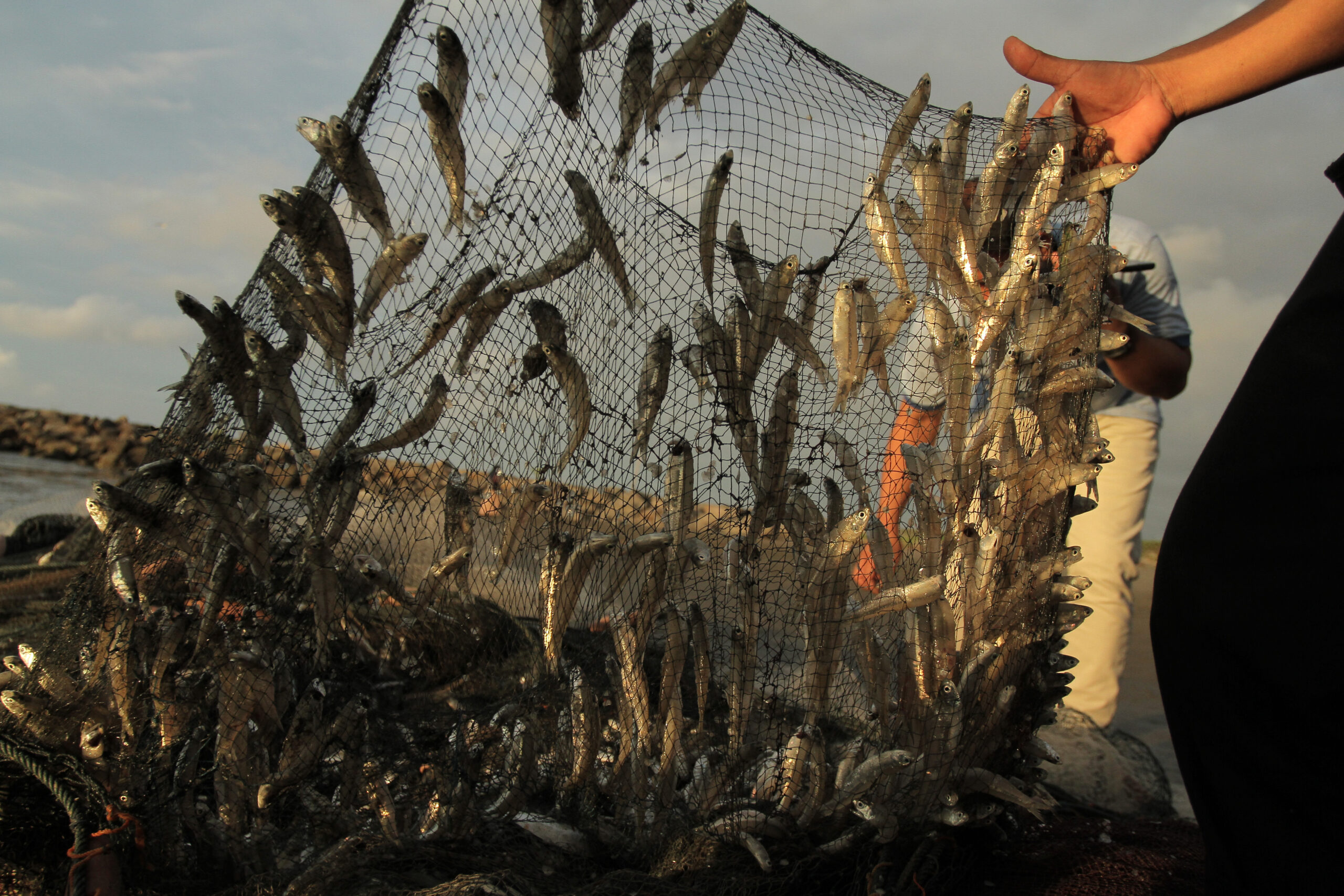
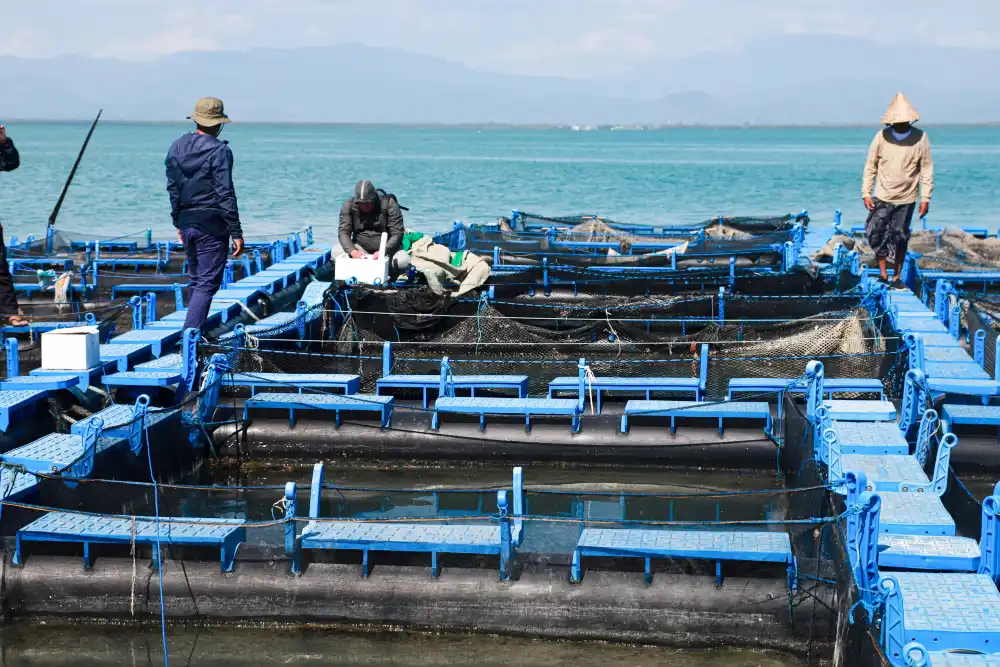
Key Responsibilities
Aquatic Animal Care
- Feed and monitor the health and growth of fish, shellfish, and other aquatic organisms.
Water Quality Management
- Test and maintain optimal water quality conditions, including pH, temperature, and oxygen levels.
Equipment Operation and Maintenance
- Operate and maintain aquaculture systems like tanks, pumps, and filtration systems.
Harvesting and Processing
- Assist in the harvesting, cleaning, and processing of aquaculture products for distribution or sale.
Record Keeping
- Document data on growth rates, water quality, and feed usage to monitor productivity and identify areas for improvement.
Disease Prevention
- Identify and manage issues such as diseases, parasites, and stressors that affect aquatic organisms.
Educational Path
High School
- Focus on biology, chemistry, and environmental science coursework.
Postsecondary
- Many positions require a certificate or associate degree in aquaculture, fisheries science, or marine biology.
Advanced Degrees
- A bachelor’s degree in aquaculture, marine biology, or a related field may be required.
Certifications
- HACCP Certification: For managing food safety in aquaculture operations.
- SCUBA Certification: This certification is useful for technicians working in marine or underwater environments.
Entry-Level
Aquaculture Technician
- Monitors and maintains aquatic animal systems.
Hatchery Assistant
- Supports the breeding and early life stages of aquatic species.
Fish Farm Labourer
- Performs daily manual tasks on a fish farm, including feeding, cleaning, and general maintenance.
Mid-Level
Aquaculture Manager
- Oversees all aspects of aquaculture operations, including production, staff, and facility management.
Water Quality Specialist
- Analyzes and manages water parameters in aquaculture systems to optimize aquatic animal health and growth.
Fish Health Technician
- Monitors and assesses the health of aquatic animals, implementing preventative measures and treating diseases.
Senior-Level
Aquaculture Facility Director
- Provides strategic leadership and comprehensive oversight for large-scale aquaculture operations.
Marine Biologist (Aquaculture Focus)
- Conducts research and applies scientific principles to understand and manage marine ecosystems and aquaculture.
Aquaculture Consultant
- Provides expert advice and solutions to aquaculture businesses on various aspects, from planning to problem-solving.
Skills and Qualities
Equipment Operation
- Proficiency in operating aquaculture equipment and systems.
Animal Care
- Ability to monitor animal health and identify signs of stress or disease.
Problem Solving
- Aptitude for troubleshooting water quality, equipment, or animal health issues.
Physical Endurance
- Ability to perform physically demanding tasks in outdoor or aquatic environments.
Teamwork
- Works well in a team environment to maintain facility operations.
Sustainability
- Awareness of eco-friendly practices and reducing the environmental impact of aquaculture.
United States
University of Maine | Maine
- Program: Bachelor’s in Aquaculture and Fisheries
- Website: University of Maine
Oregon State University | Oregon
- Program: Bachelor’s in Fisheries and Wildlife Sciences with Aquaculture Focus
- Website: Oregon State
Auburn University | Alabama
- Program: Bachelor’s and Master’s in Aquaculture and Fisheries
- Website: Auburn University
Canada
Vancouver Island University | British Columbia
- Program: Fisheries and Aquaculture Technology Diploma
- Website: VIU
Memorial University | Newfoundland
- Program: Advanced Diploma in Sustainable Aquaculture
- Website: Marine Institute
Dalhousie University | Nova Scotia
- Program: Aquaculture Specialization within the Bachelor of Agriculture
- Website: Dalhousie
